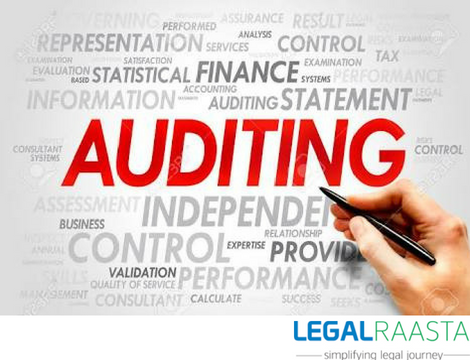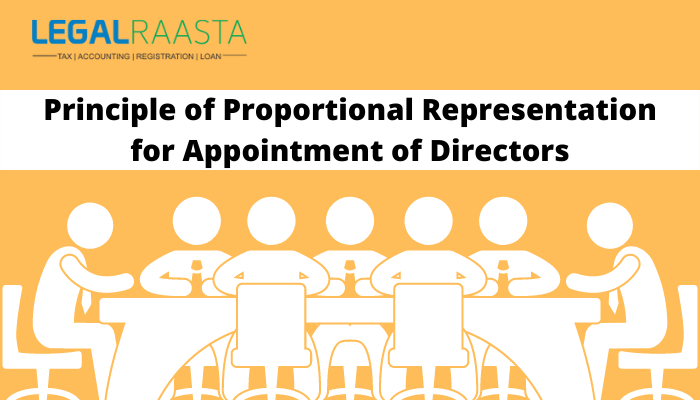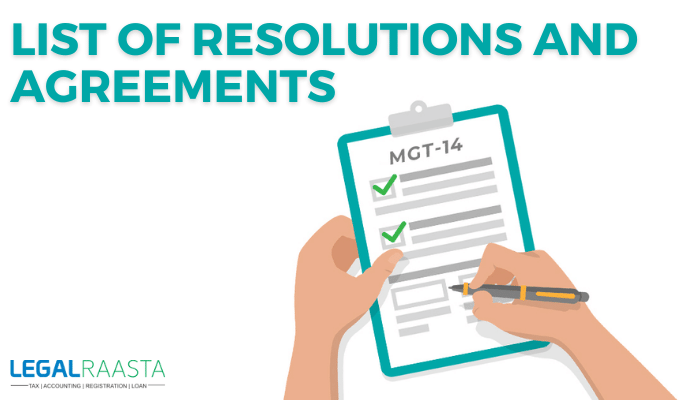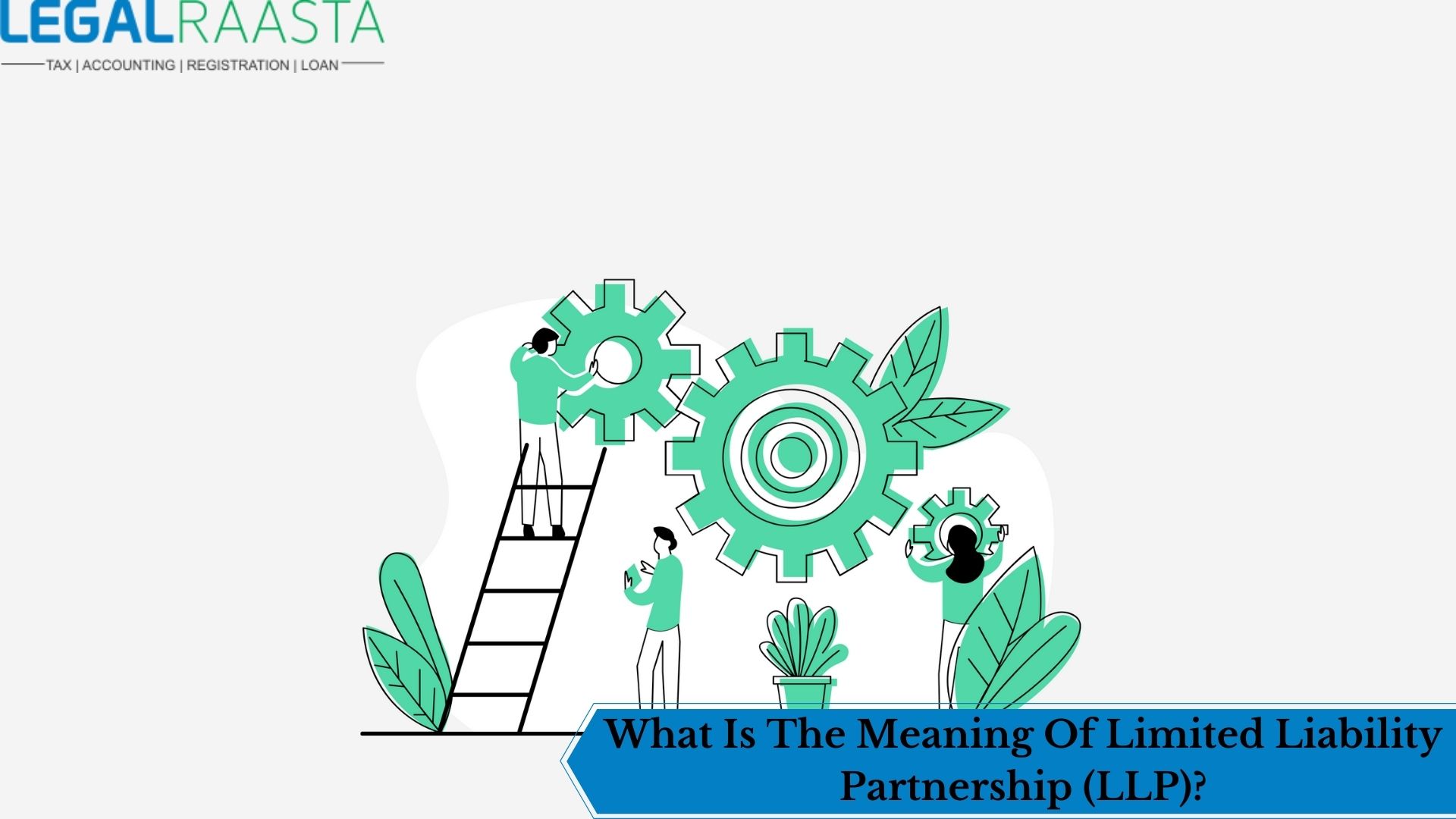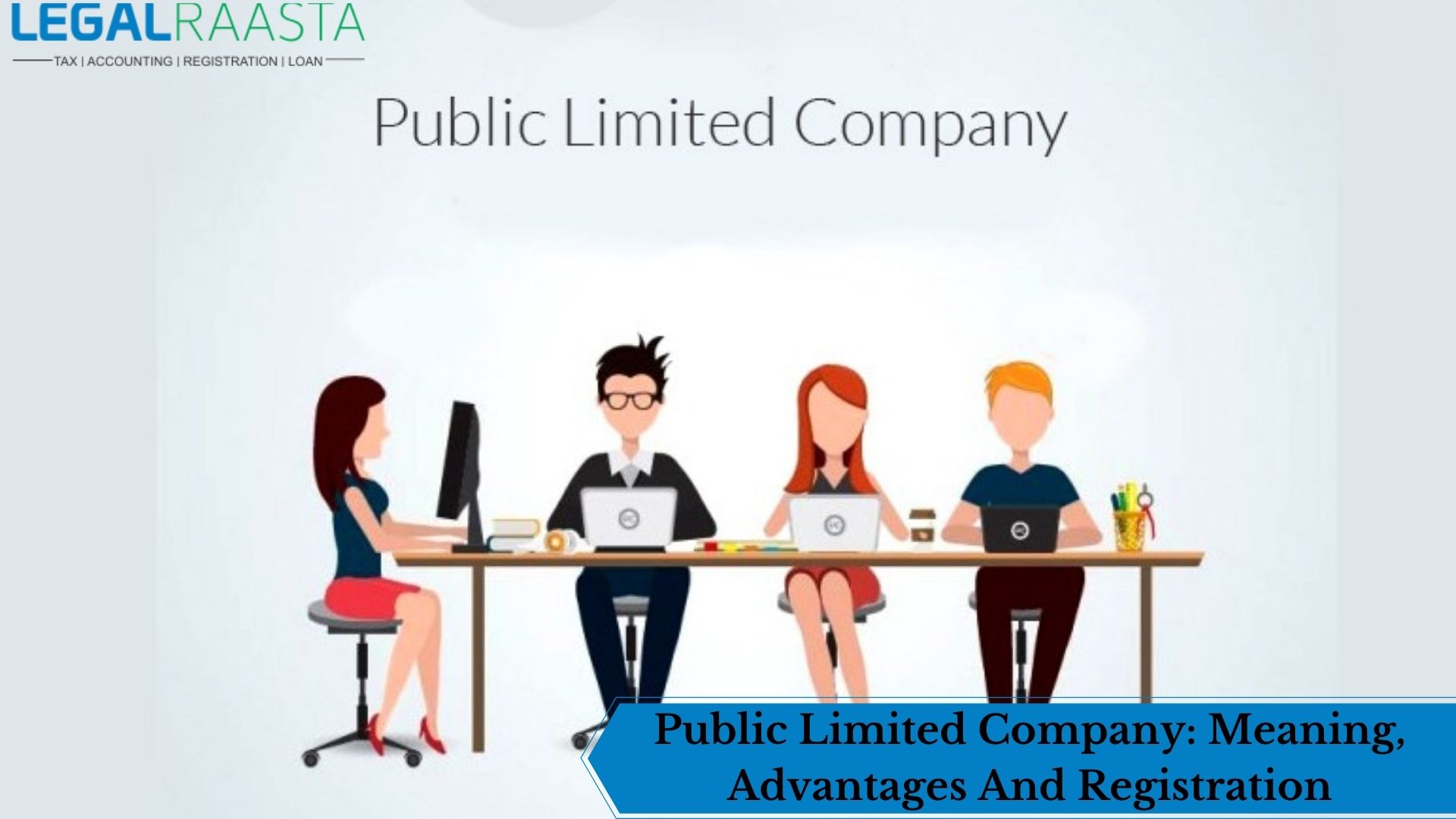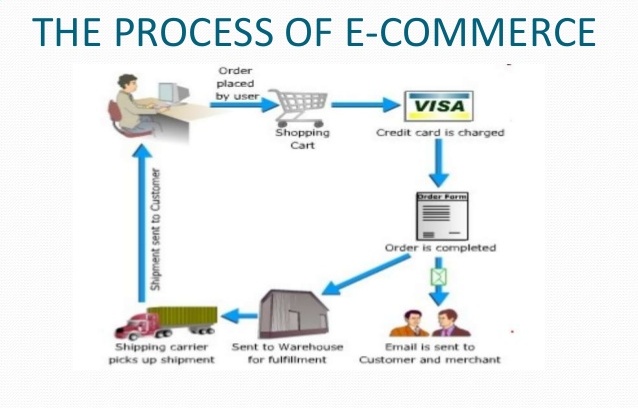The Companies (Audit and Auditors) Amendment Rules, 2018
Introduction to Companies(Audit and Auditors) Rules
In a notification released on the 31st of March, 2014 the Ministry of Corporate Affairs released a notification with regards to the Appointment of Auditors and Auditing Procedures along with reporting of fraud in companies. This set of rules has been conveniently named The Companies(Audit and Auditors) Rules. A statutory audit has now become a part and parcel in governance as well as smooth operations of an organization.
The companies act and set of rules derived from them have brought about a tremendous revolution in conducting the audit of a company.
Who is an Auditor?
There are two specifications of who can be classified as a legitimate auditor for a company/organization and they are as follows:
- An individual who is a CA within the meaning of the CA Act, 1949 and is in possession of a valid CA license.
- An audit firm where a majority of partners are practicing CAs. LLP incorporation is necessary for the firm under consideration.
Auditors and the Revolving Door
The rules under the act specify a unique concept of rotation of auditors. This means no auditor/audit firm can have two continuous tenures. The revolving door policy of Auditors accomplishes the following tasks.
- Long-lasting independence of Auditor from the companies
- Increasing the scope of growth of other Audit Firms.
Many companies are often reluctant to change their auditors. This policy helps eradicate that trend
Rotating Auditors: Where is it Applicable?
The following classes of companies have to comply with the rules appoint a new auditor after every tenure.
- Listed Companies
- Prescribed Companies
- Public Companies having share capital more than Rs. 10 crore
- Private companies having a share capital of more than Rs. 20 crore
- Private/Public cos borrowings from banks, financial institutions or public deposits is Rs. 50crores or more.
On the 7th of May, The Ministry Made A second amendment to the rules introducing minor changes to the law.
Amendments to Audit and Auditors rule
In a notification released on the 7th of May, 2018 the MCA made sweeping amendments to streamline the audit process and simplify auditor requirements for companies. Following are the amendments made to the rule
- Rule 3 – Explanation Omitted, Provision to sub-rule(7) of rule 3 has been omitted.
- In the principal rules (Audit and Auditor Rules, 2014), Rule 9 has been omitted
- The words “adequate internal financial controls system” have been replaced with “internal financial controls with reference to financial statements” in rule 10A.
- In subclause(i) of clause (a), rule 14, The words “who is a cost accountant in practice” are replaced by “who is a cost accountant”
- Rule 14, Subclause(b), The words “who is a cost accountant in practice” are replaced by “who is a cost accountant”.
You can refer the official notification released by the Ministry of Corporate Affairs.
LegalRaasta understands that it can be a daunting task to keep up with the frequent changes and amendments. Follow our blog to stay up to date with the latest in companies law. We also specialize in a vast range of services for ROC compliances of company registration procedures among others. Talk to us by calling at +91-8750008585 or by sending an e-mail at contact@legalraasta.com

